How Zaraye Provides the Lowest Raw Material Prices.
The traditional raw-material procurement process is tedious and inefficient. Zaraye plans to revolutionize this process with its reverse-bidding platform, assuring the best prices and highest quality of raw materials.
What is reverse bidding?
Reverse bidding is a pricing model that allows the consumer or buyer to set the pricing requirements and allow the seller to compete for their business.
Rather than being tied to one supplier and a set price reverse bidding is a smoother more efficient process that gives buyers the opportunity to choose from multiple sellers and pick the best price. The reverse bidding process is more transparent and gives buyers more access to information than in a traditional raw material procurement process.
In the case of normal buying or selling of textile and construction raw materials, potential buyers have to settle for the prices set by the suppliers with not much else to compare to. The biggest issue in Pakistan’s textile and construction industry where buyers have to make a dozen phone calls with suppliers just to get rates.
In the case of a reverse bidding pricing model, a buyer puts in a request for the materials they need and it is then up to the suppliers to offer the best deal at the lowest price. Due to the nature, reverse bidding can happen mostly online using B2B platforms such as Zaraye where suppliers can put up multiple updated quotes for each request to be considered.
Benefits of reverse bidding
With reverse bidding, because you get better quotes for textile and construction raw materials quicker it makes the entire process competitive and gives all suppliers a level-playing field to bid in real-time with transparency. Some of the main benefits of a reverse bidding model include but not limited to:
Greater choice
Unlike a regular raw material procurement process where the buyer has to select from a small selection of sellers, here the buyer can put up his own request and get multiple quotes to choose from. Buyers get to choose among multiple sellers of each raw material in terms of competitive prices and quality.
Save time
A big advantage for the buyers is saving time by not having to make multiple calls to various sellers just to get a quote that they may not even use. And with a raw material procurement platform time is saved by cutting down the time that may otherwise be spent on confirming the order, keeping constant track, and negotiating the process.
Opportunities irrespective of the size of business
With this sort of pricing model, a platform is provided for big and small businesses alike to compete together in terms of getting the best yarn or cement rates. Buyers from any size of business can put in a request and get the same choice of quotes to select from.
Buyers and sellers conserve resources
In the regular procurement process, each request and proposal for a quote has to be customized according to each seller. In comparison, in a digital procurement platform sellers give quotes by filling out a standardized form which is then provided automatically to the buyer.
Buyers save time and money through reverse bidding because all of the quotes show up in the same format, which simplifies comparison. The buyer has the flexibility and autonomy to easily sort through and eliminate bids that did not meet their deadline, price requirements, or quality standards.
In conclusion, e-procurement software allows buyers and sellers to communicate and refine the details of the bid seamlessly. Reverse bidding is hence an incredibly effective way of optimizing the procurement process and opening it to new and smaller businesses.
.



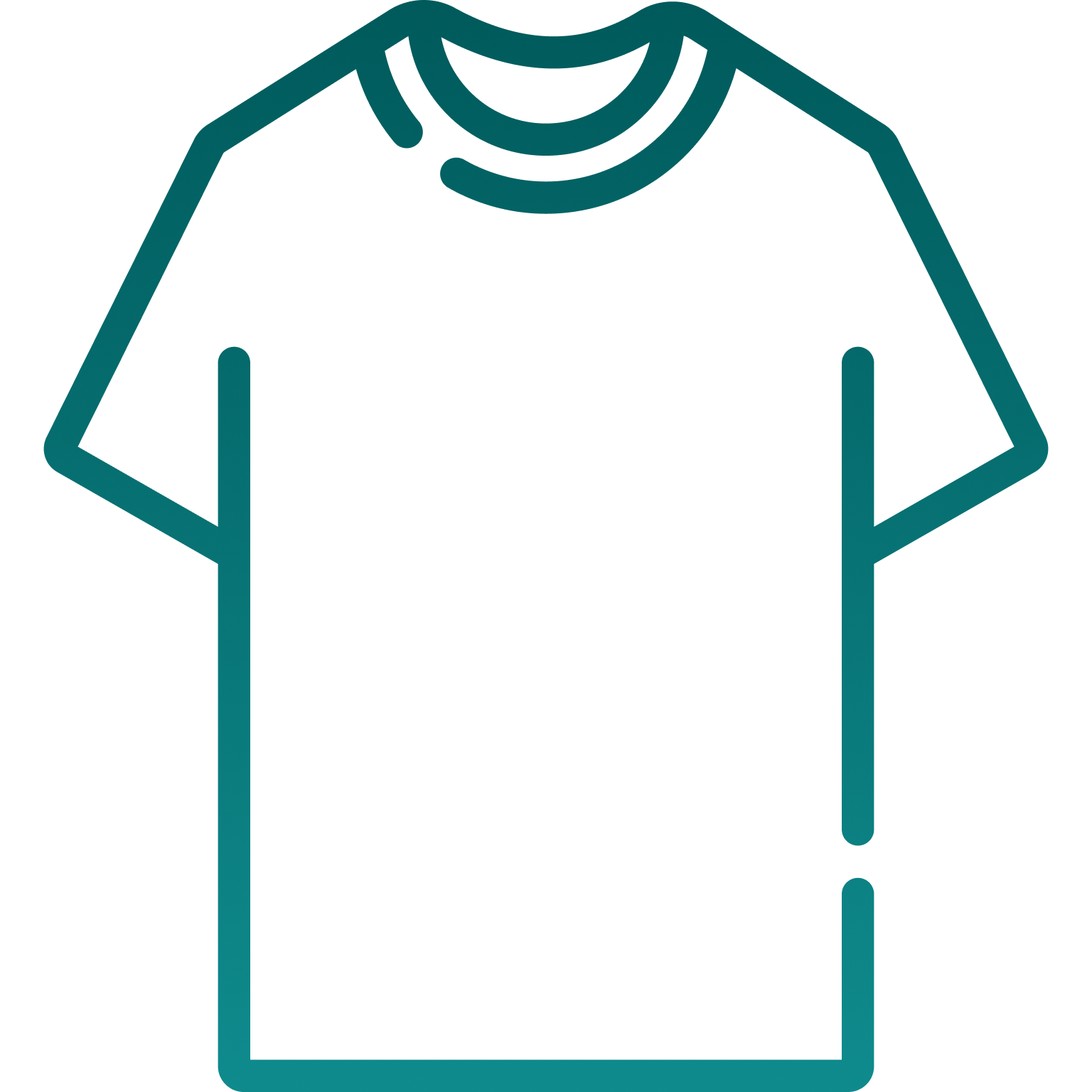
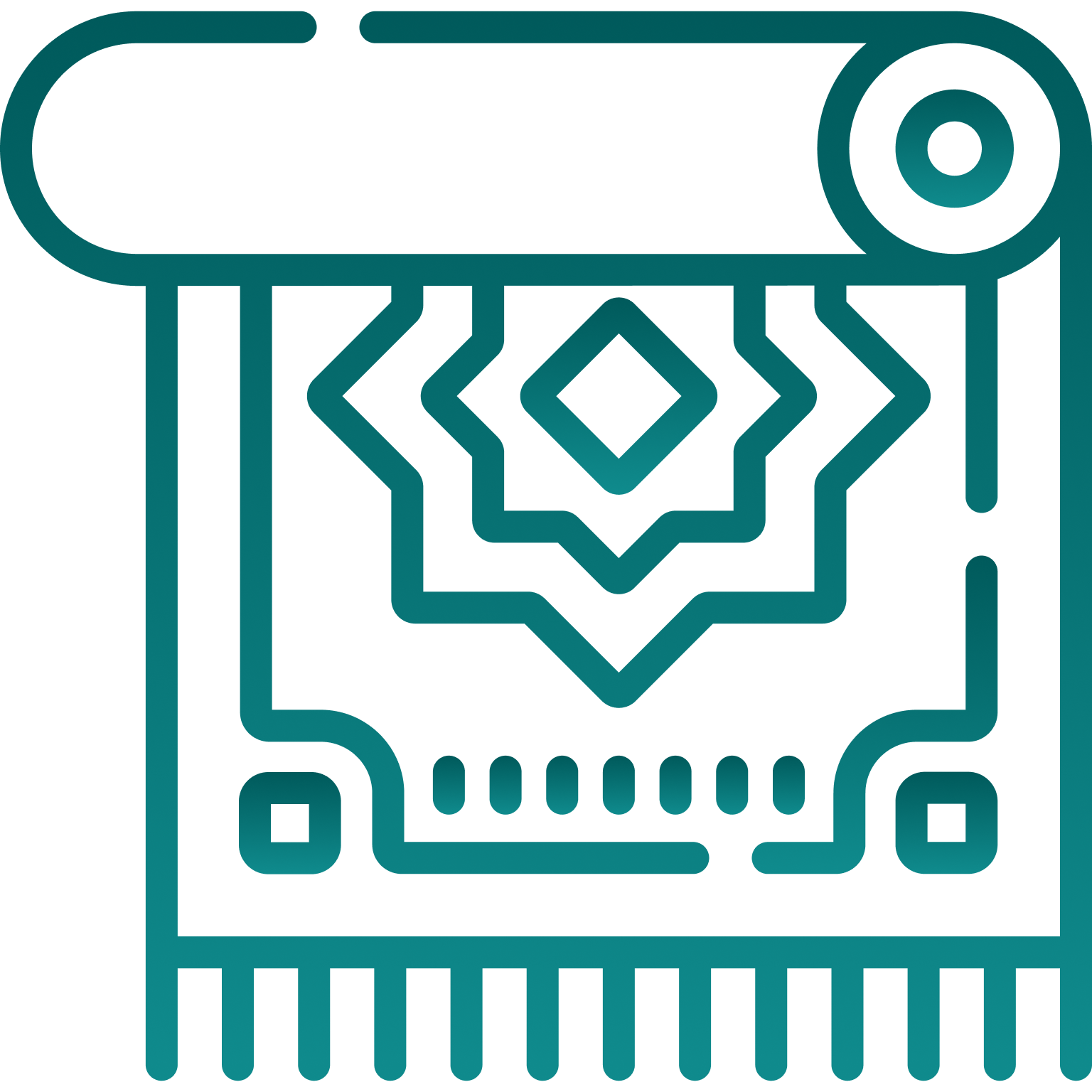
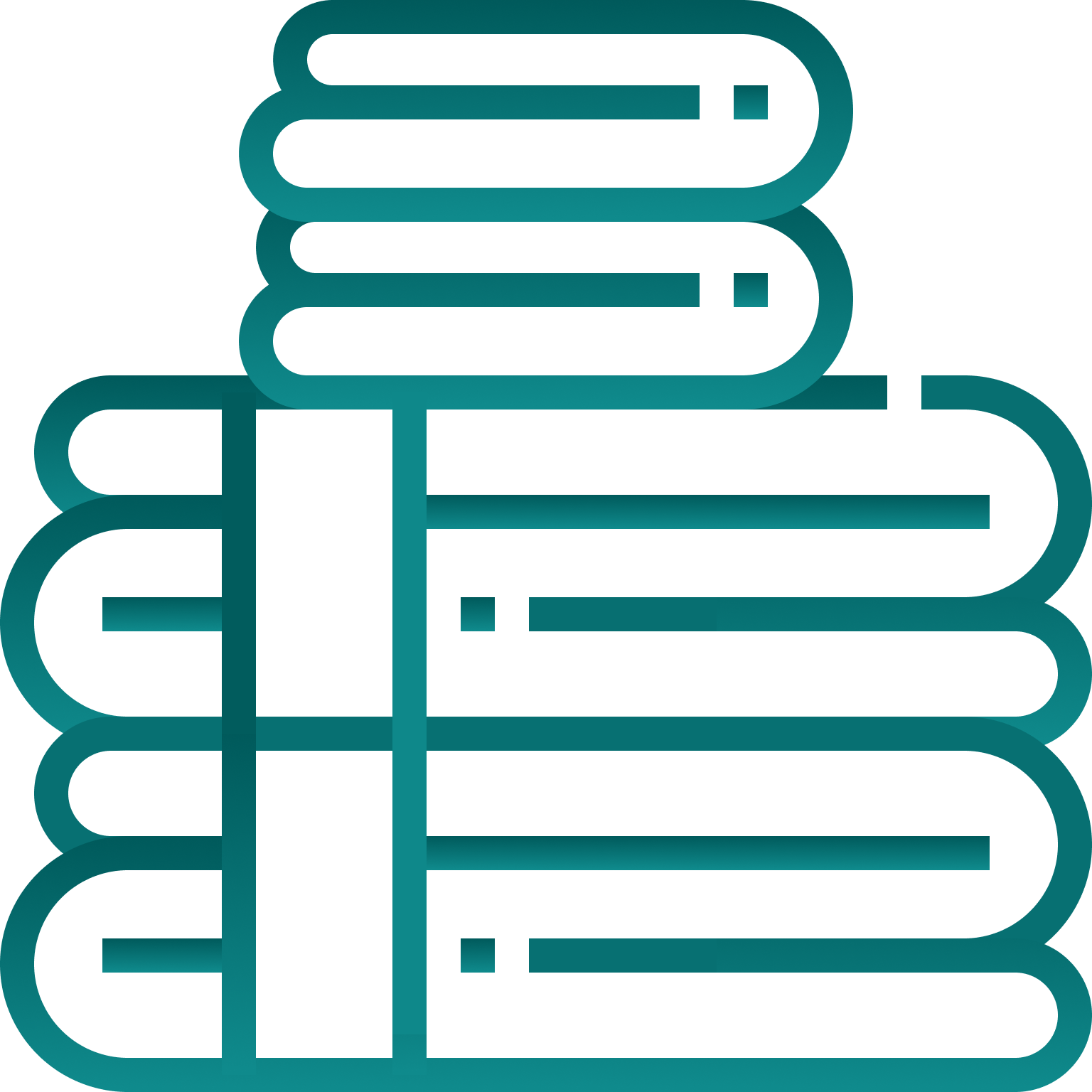
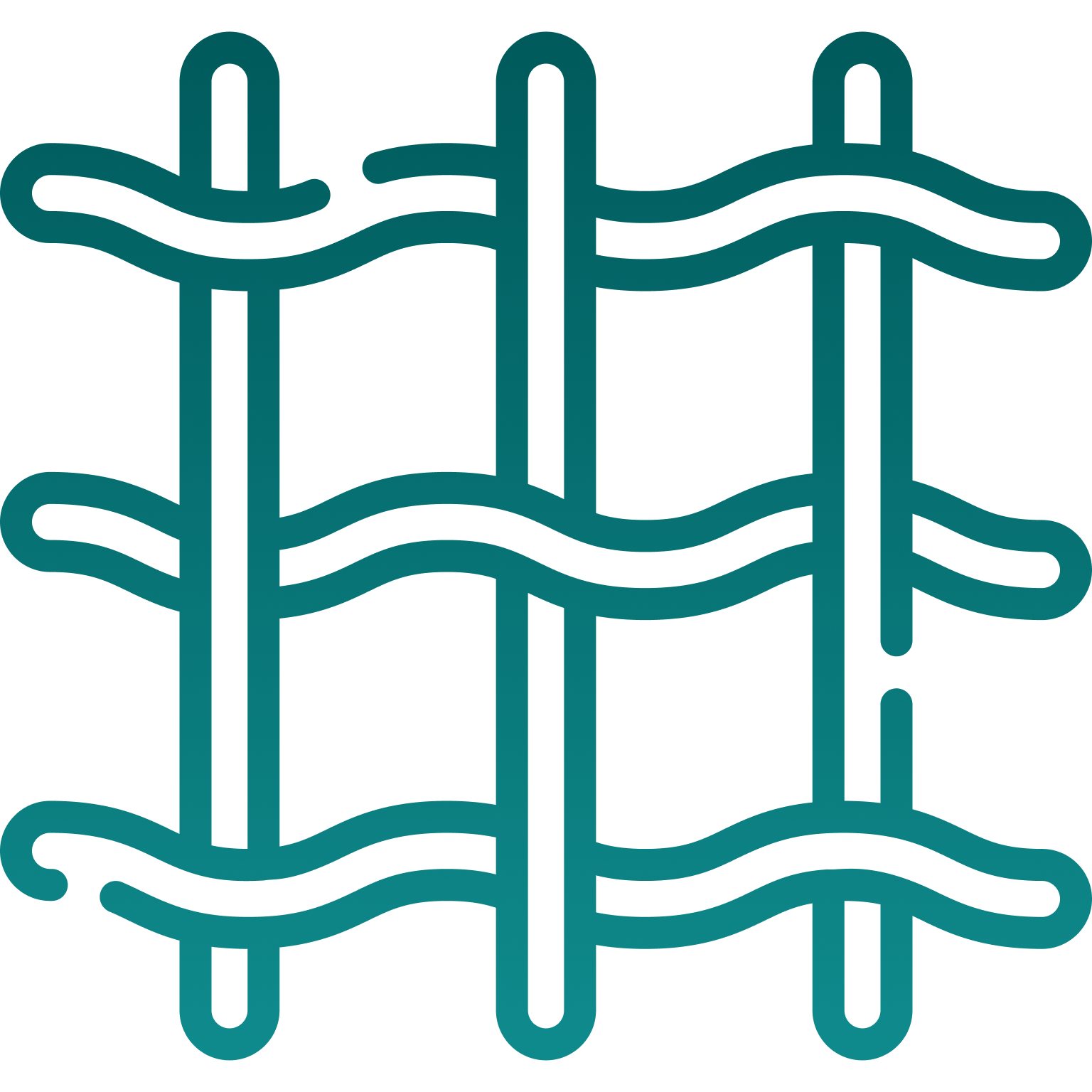
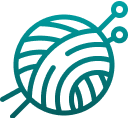
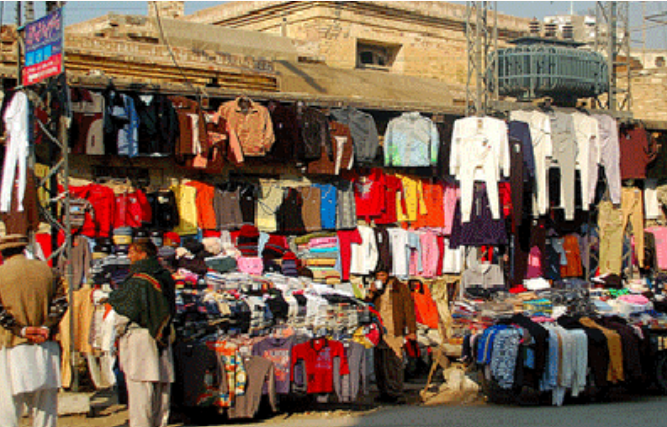




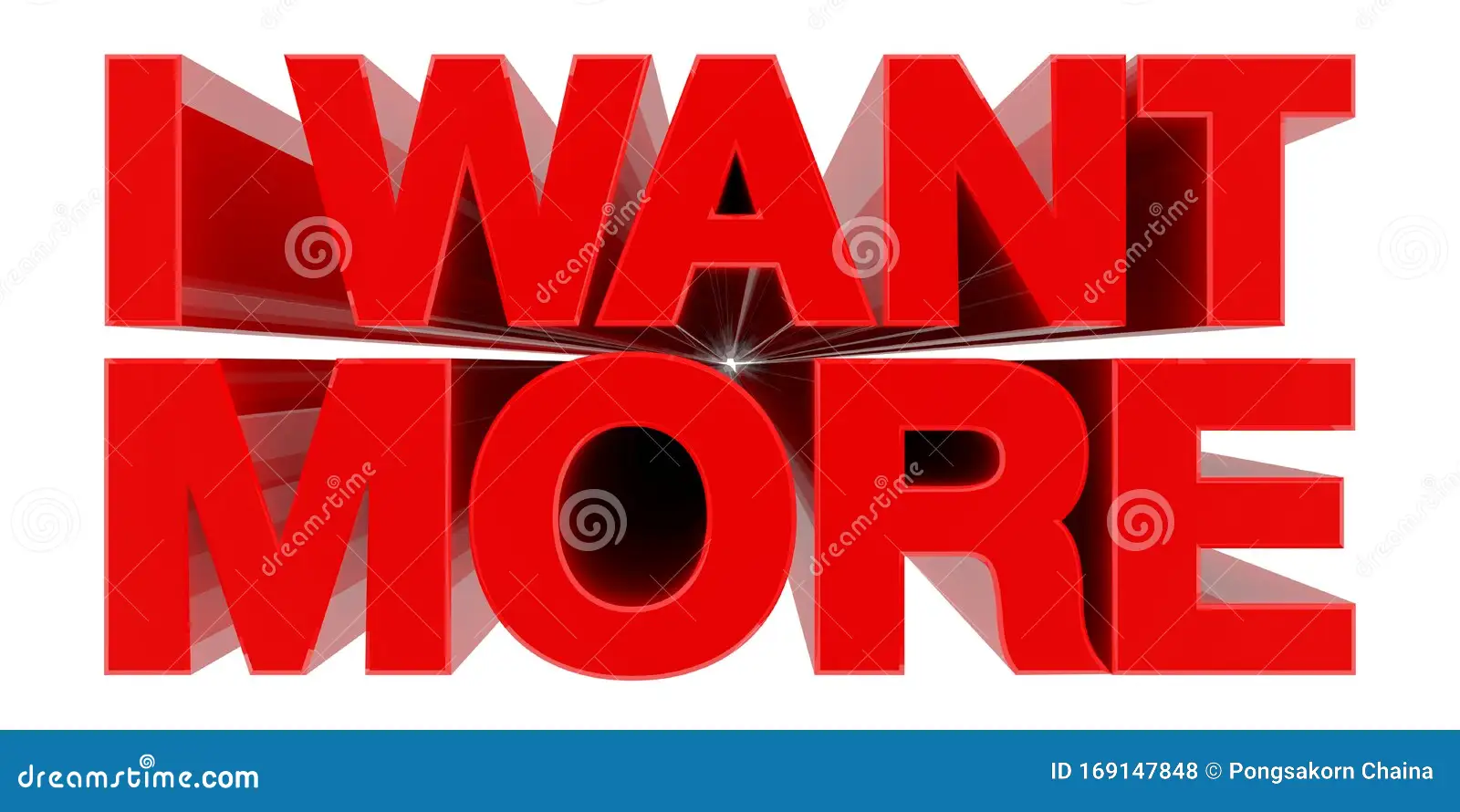
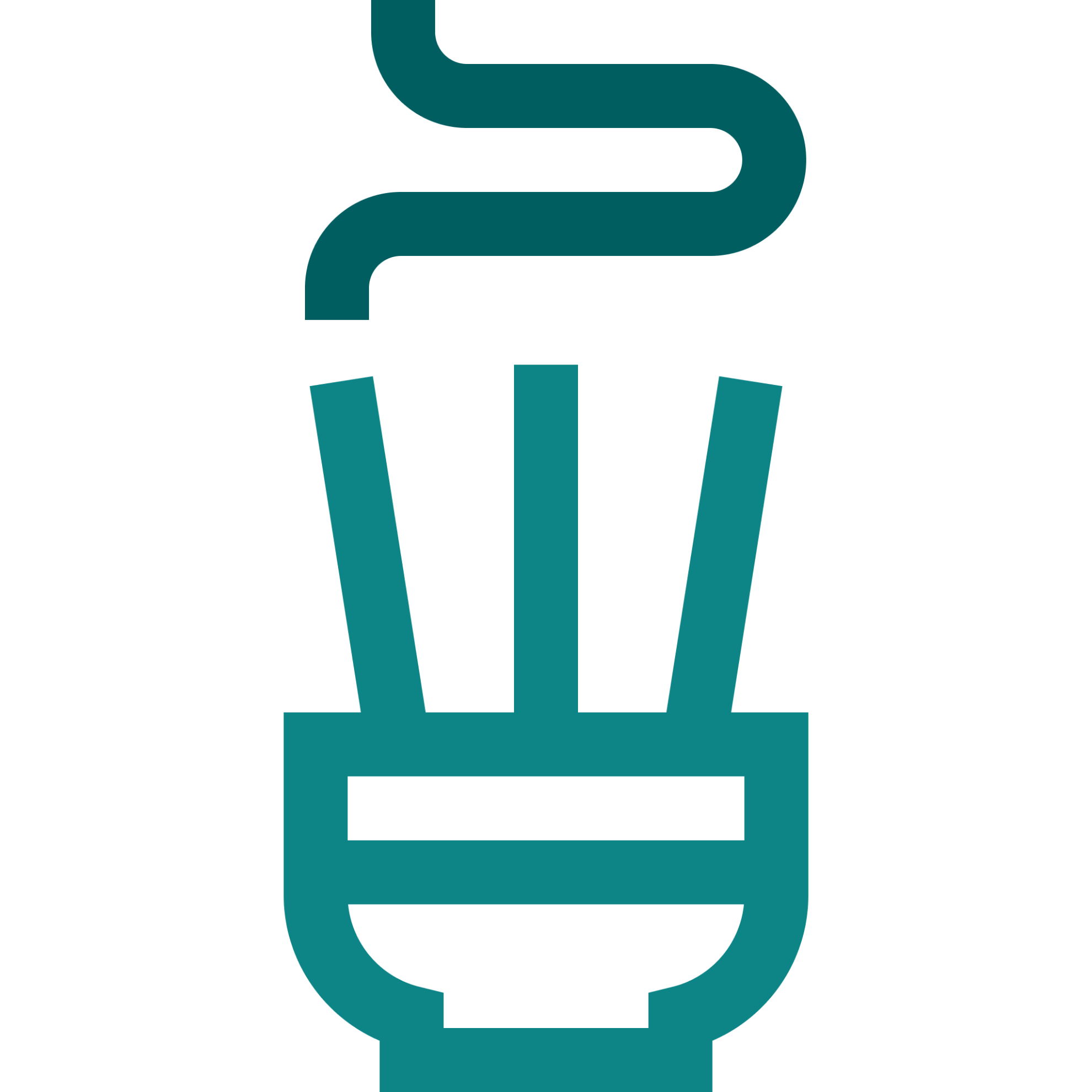
.png)


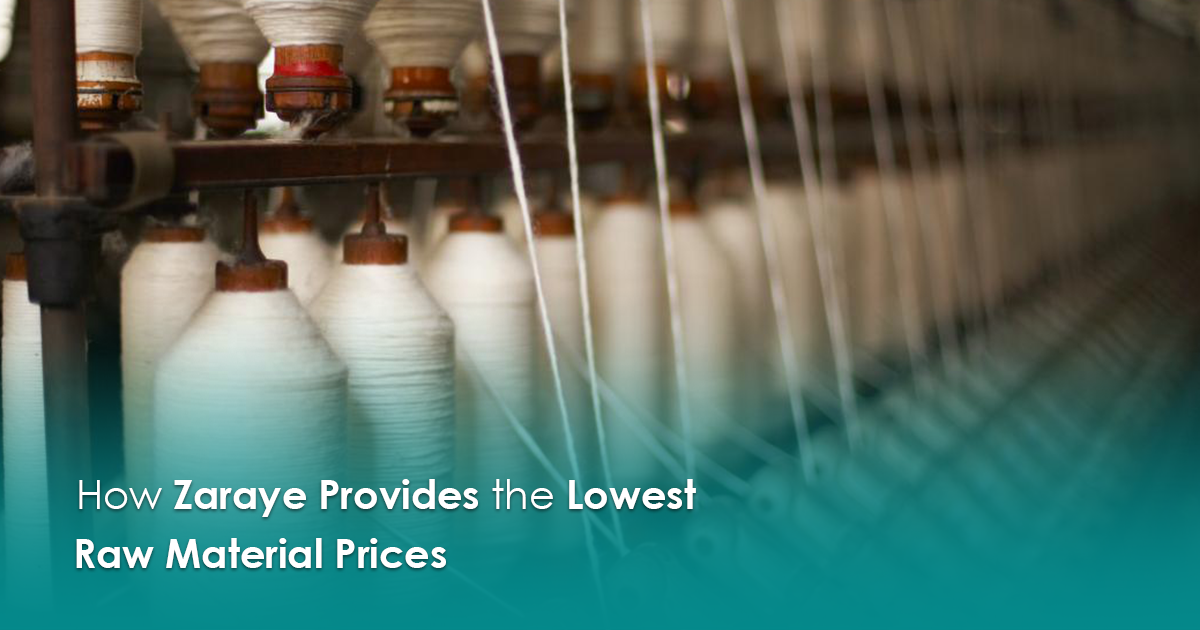
_1000.png)

